Lebanon to set up committee on repatriation of Syrian refugees
Lebanon's caretaker Prime Minister Najib Mikati says Beirut plans to set up a ministerial committee tasked with the repatriation of Syrian refugees, adding that its members will visit Damascus to assess the process and secure cooperation of Syrian authorities.
“The government is in the process of forming a ministerial committee to go to Damascus to discuss the issue of the displaced Syrians,” Mikati said in an interview with Euronews television news network on Friday.
He said the step will be certainly in coordination with the newly-formed ministerial contact and follow-up committee that includes Egypt, Saudi Arabia, Jordan, Iraq, Lebanon and the Arab League's Secretary-General Ahmed Abul-Gheit and seeks a comprehensive solution to the crisis in Syria.
“We cannot be accused of racism. All we want is to exercise our right to sovereignty over our lands. We expel, in this regard, any foreigner who does not have the necessary legal documents to stay in our country,” the Lebanese prime minister said.
Mikati also said Syria will play its conventional role in the Arab League in the future. “What currently has great significance to Lebanon is the repatriation of Syrian refugees to their homeland.”
Lebanese authorities have repeatedly called on the international community to assist Lebanon in returning the refugees to their homeland as the country suffers from a dire financial crisis and can no longer host many displaced people on its territory.
Moreover, several incidents among Lebanese citizens and Syrian refugees have been registered recently.
According to statistics released by the Lebanese government, virtually two million Syrian refugees are living in Lebanon, a country with a population of more than 5.5 million.
According to the UN Refugee Agency, Lebanon hosts the largest number of refugees per capita and per square kilometer in the world.
On May 19, Mikati stated at the Arab League summit in Jeddah, Saudi Arabia, that the repatriation of Syrian refugees from Lebanon cannot take place without Arabs' effort and support from the international community.
He said in his speech that such efforts should take place through a “united Arab framework that would stimulate projects and build and revive destroyed places in order to place a roadmap for the return of the brotherly Syrians to their country.”
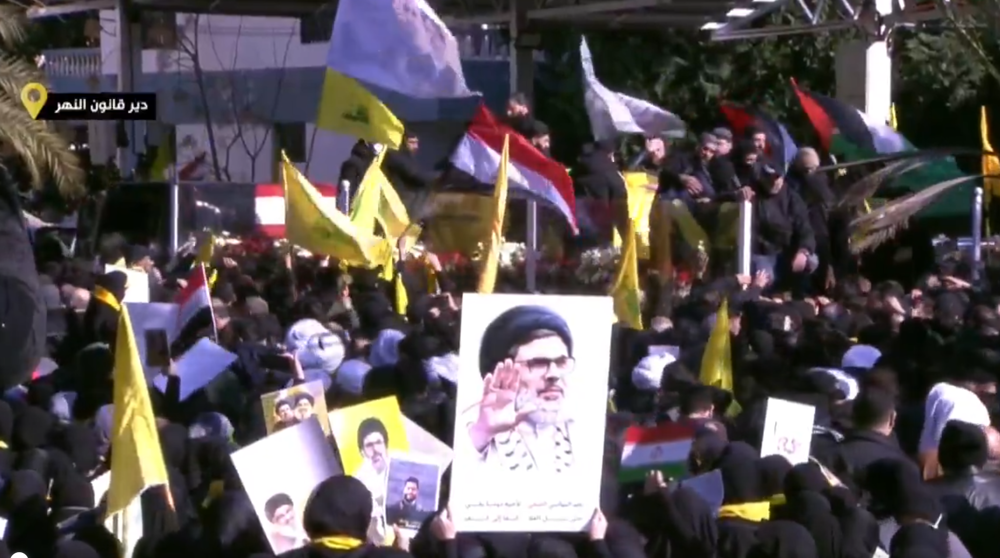
Mourners throng funeral for martyred Hezbollah leader Safieddine in south Lebanon
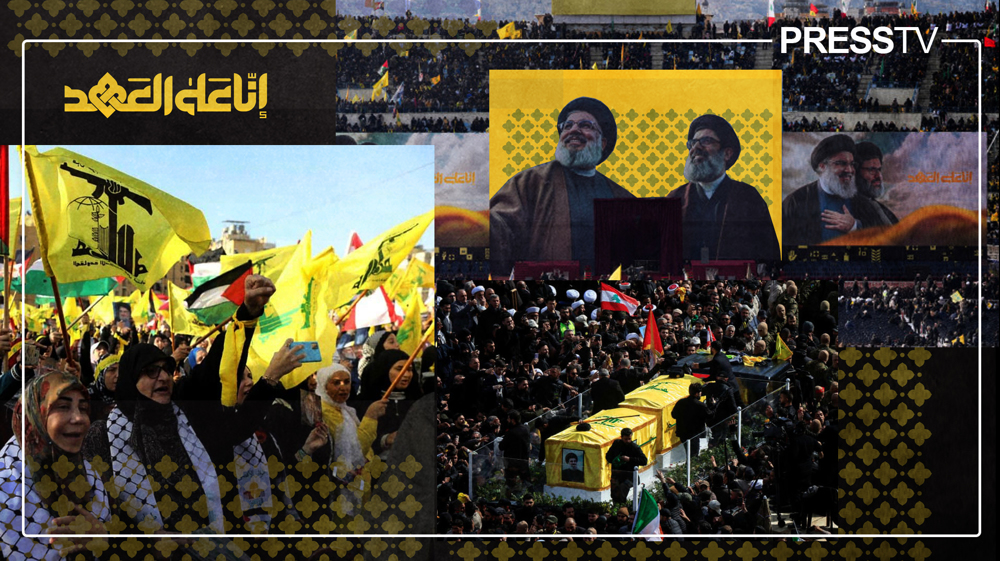
‘We are in the covenant’: Hezbollah leaders' funeral becomes a rallying cry for resistance
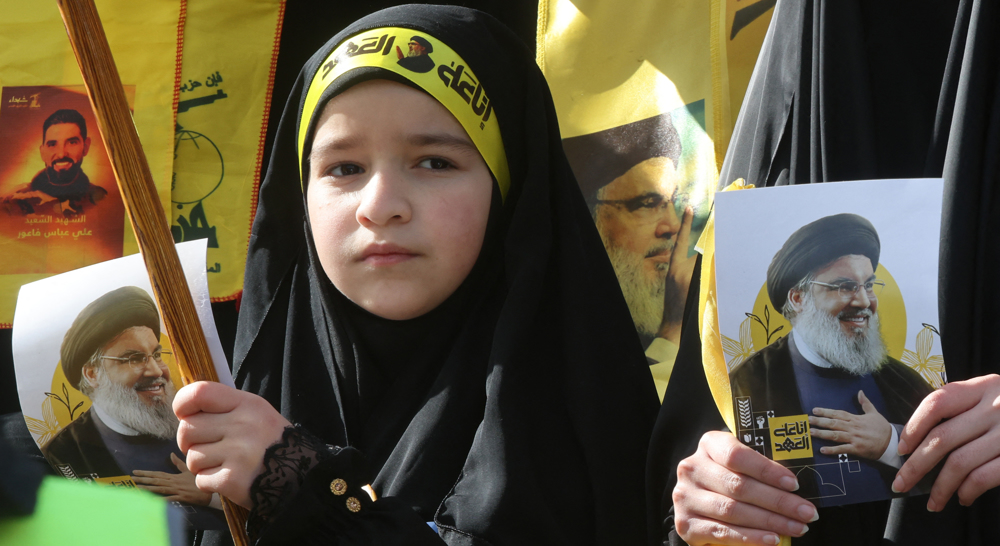
Nasrallah warned Israel’s war on Gaza threatens entire region: Islamic Jihad
Shocking details of Israeli army’s massacre of 90 civilians from Juha family in Gaza
VIDEO | Lebanese resistance remains alive
Iran’s daily sweet gas production peaks at 870 mcm: NIGC
Nasrallah shattered myth of Israeli military’s invincibility: Top Yemeni official
Iran says it has attracted $8.2bn of foreign investment since Aug
‘Misguided policies’: Araghchi says unjust sanctions inflict suffering on innocent Iranians
Iran summons Polish envoy over 'baseless, biased' drone claims
Election winner conservative Merz invites Netanyahu to Germany despite ICC warrant


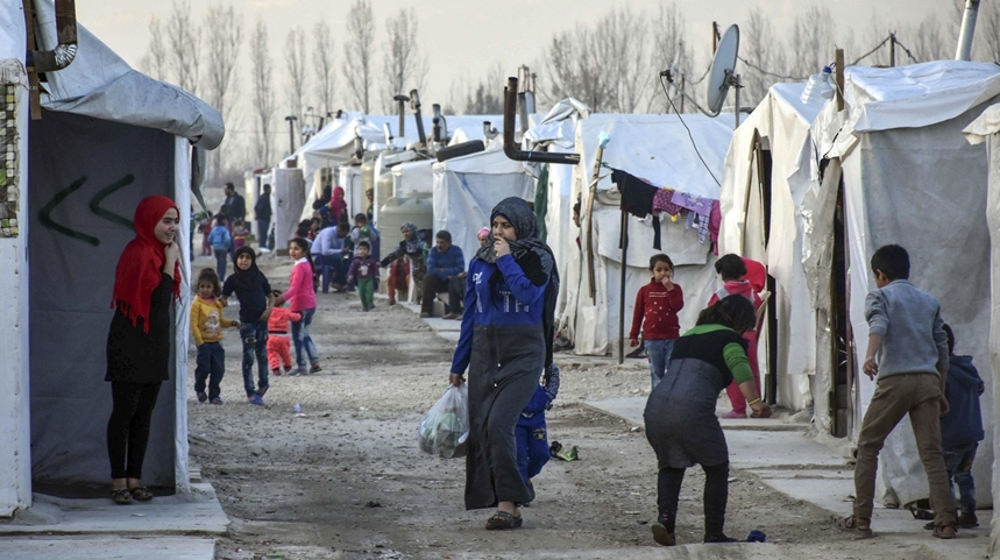
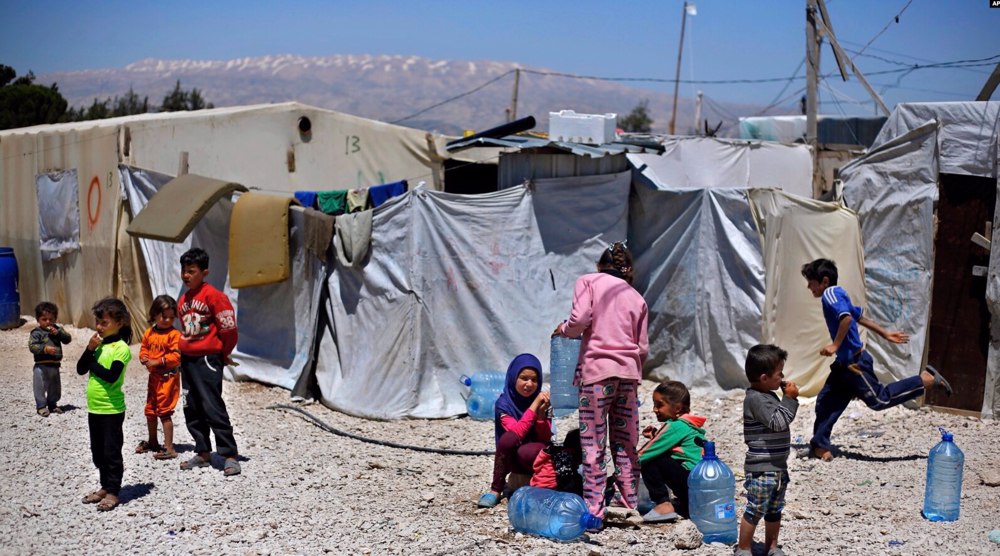



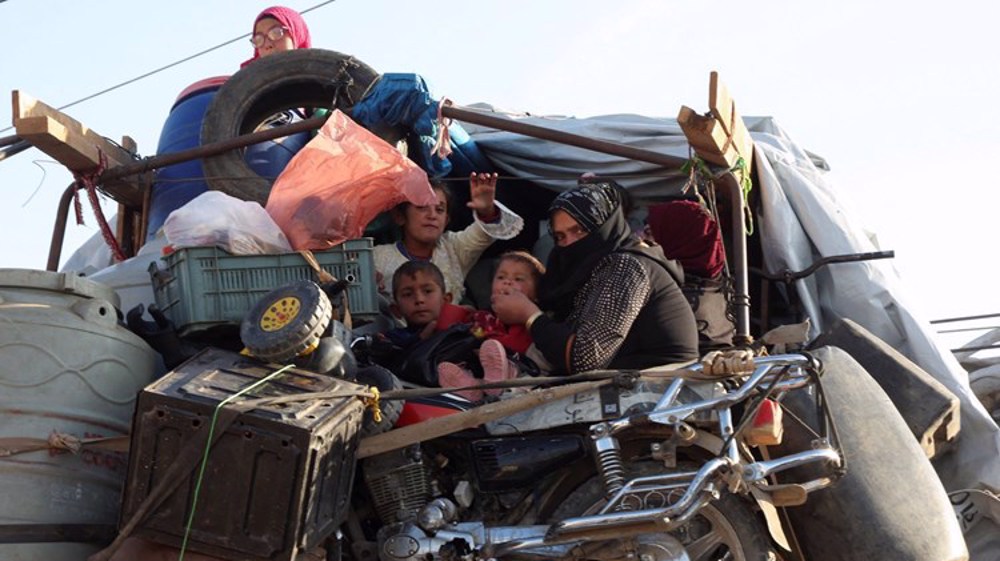
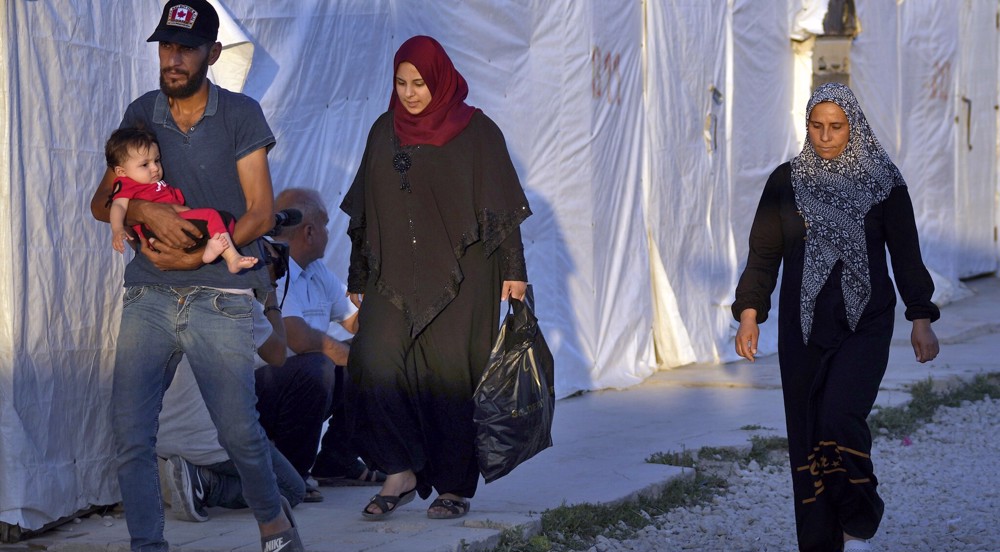
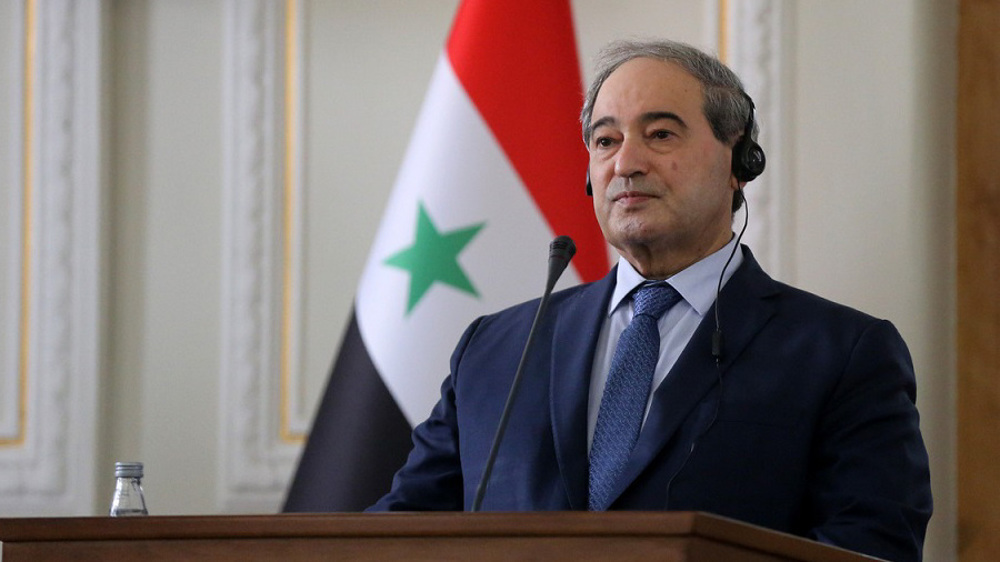
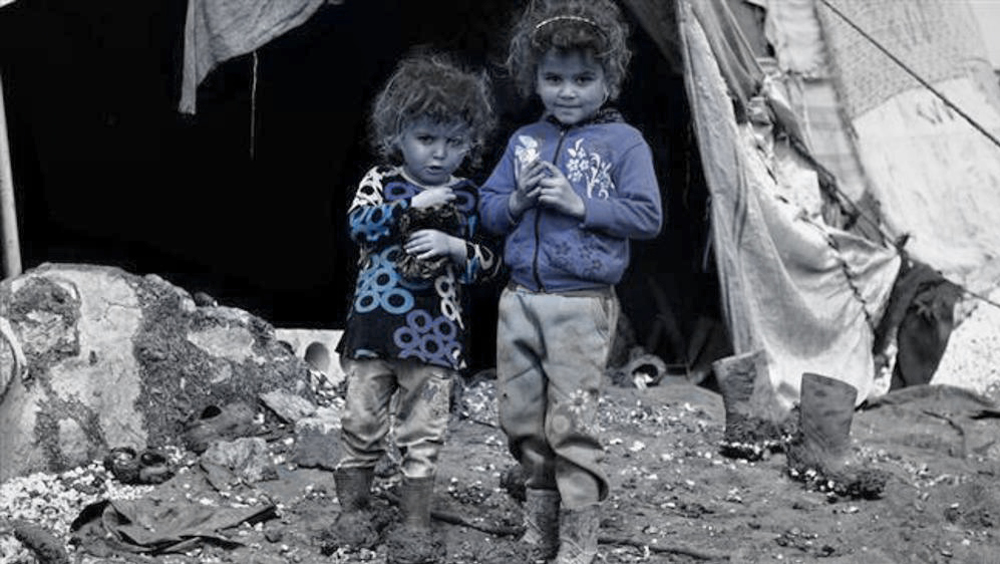

 This makes it easy to access the Press TV website
This makes it easy to access the Press TV website